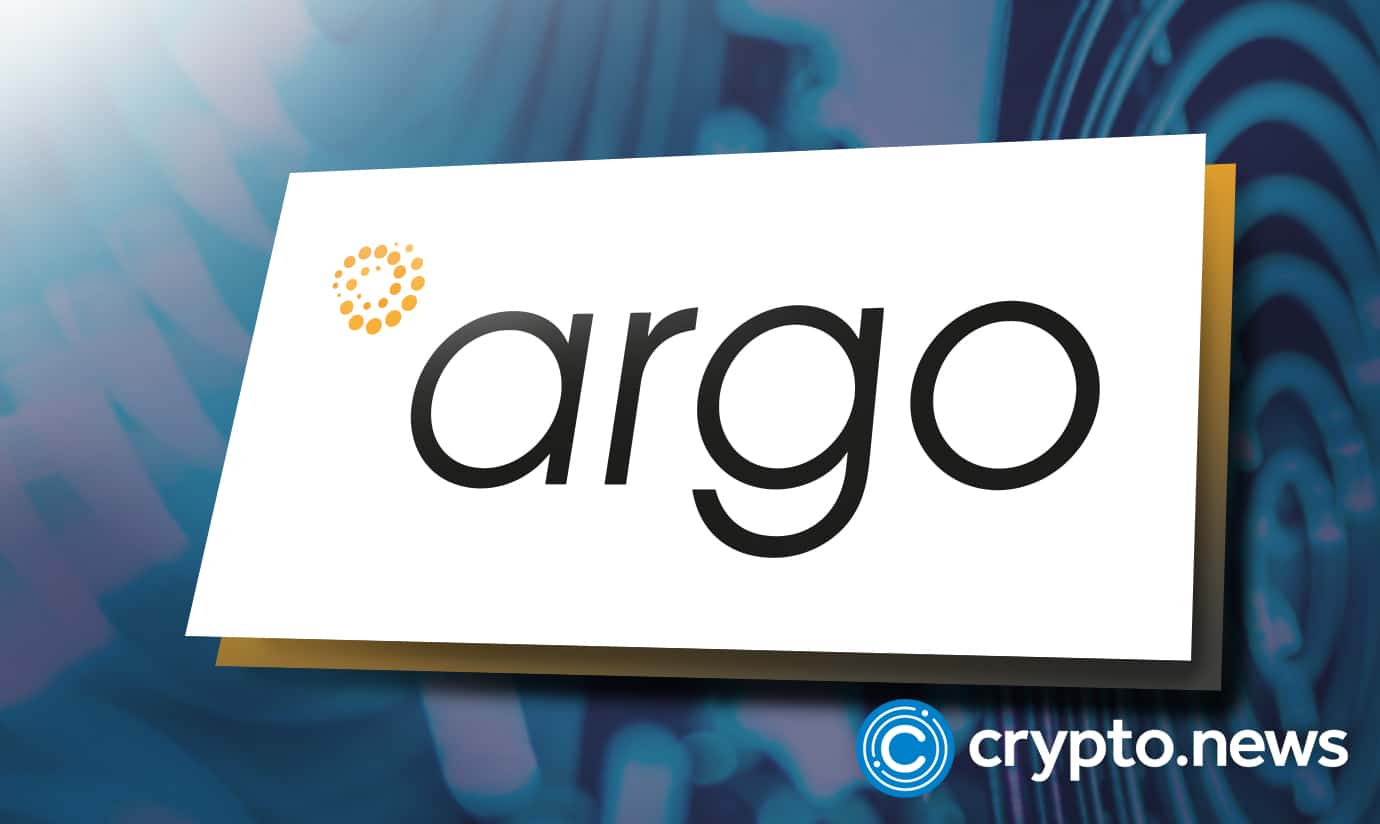
2018-12-20 04:50 |
The U.K. government has said that individual investors will be liable to pay capital gains tax each time they sell crypto assets such as BTC for profit. In new taxation guidelines published Dec. 19, Her Majesty’s Revenue and Customs (HMRC) also stated that digital assets received from employers in lieu of cash or gained from mining activities and airdrops will be taxed in line with existing income tax and national insurance contribution laws.
Also read: Bibox Buys 100% Shares of Decentralized Exchange Dex.top
Taxing Crypto-Assets Case by CaseGovernments throughout the world are trying to cash in on the thriving blockchain and cryptocurrency industry via a range of individual and corporate tax measures. The latest HMRC taxation framework excludes British digital asset businesses and companies and “does not explicitly consider” those tokens held by individuals for business purposes.
“The tax treatment of crypto-assets continues to develop due to the evolving nature of the underlying technology and the areas in which crypto-assets are used,” explained the revenue collector. “As such, HMRC will look at the facts of each case and apply the relevant tax provisions according to what has actually taken place (rather than by reference to terminology),” it added.
The British tax agency has tended to look at virtual currencies more as property than as currency. It reiterated this position in the new policy document while emphasizing that cryptocurrency trading was not “gambling.”
Capital gains payable on cryptocurrency sales – in this context treated as property – may be between 10 percent and 28 percent depending on the taxpayer’s rate of income. Investors who earn money from mining, transaction fees or airdrops “that are provided in return for or in expectation of a service” will be required to pay income tax and contribute to the national insurance scheme, the agency detailed. HMRC stated:
In the vast majority of cases, individuals hold crypto-assets as a personal investment, usually for capital appreciation in its value or to make particular purchases. They will be liable to pay capital gains tax when they dispose of their crypto-assets.
It added that “there may be cases where the individual is running a business which is carrying on a financial trade in crypto assets and will therefore have taxable trading profits. This is likely to be unusual, but in such cases income tax would take priority over the capital gains tax rules.”
European Regulators Circle in on CryptocurrenciesThroughout Europe, regulators have complained that cryptocurrencies are risky, and repeatedly alleged that they help to fuel money laundering and terrorism while placing investor funds at the mercy of fraudsters. Their alarmist entreaties have ramped up pressure on governments to act, with many promulgating a series of regulations ostensibly to safeguard public funds and prevent the risk of financial instability.
In October, the U.K.’s Financial Conduct Authority announced plans to ban crypto-linked derivative products. It also said that fiat-to-crypto exchanges and custodian wallet providers will be brought within the scope of anti-money laundering regulation. The intention is to enhance consumer protection and curb illicit financial flows.
HMRC’s taxation guidelines will inevitably ring-fence taxes and prevent tax evasion, particularly on an asset class that up until now has appeared to be largely exempt from regulatory oversight. In its report, the revenue collector also speaks about taxation related to forked digital coins, lost private keys, stolen assets and others. Hard-forked coins will generally be liable for capital gains tax, but HMRC “will consider cases of difficulty as they arise.”
What are your thoughts on the new taxation guidelines from HMRC? Let us know in the comments section below.
Images courtesy of Shutterstock.
Need to calculate your bitcoin holdings? Check our tools section.
The post UK Investors to Pay Capital Gains and Income Tax on Bitcoin Investments appeared first on Bitcoin News.
origin »Bitcoin price in Telegram @btc_price_every_hour
First Bitcoin Capital (BITCF) íà Currencies.ru
|
|































